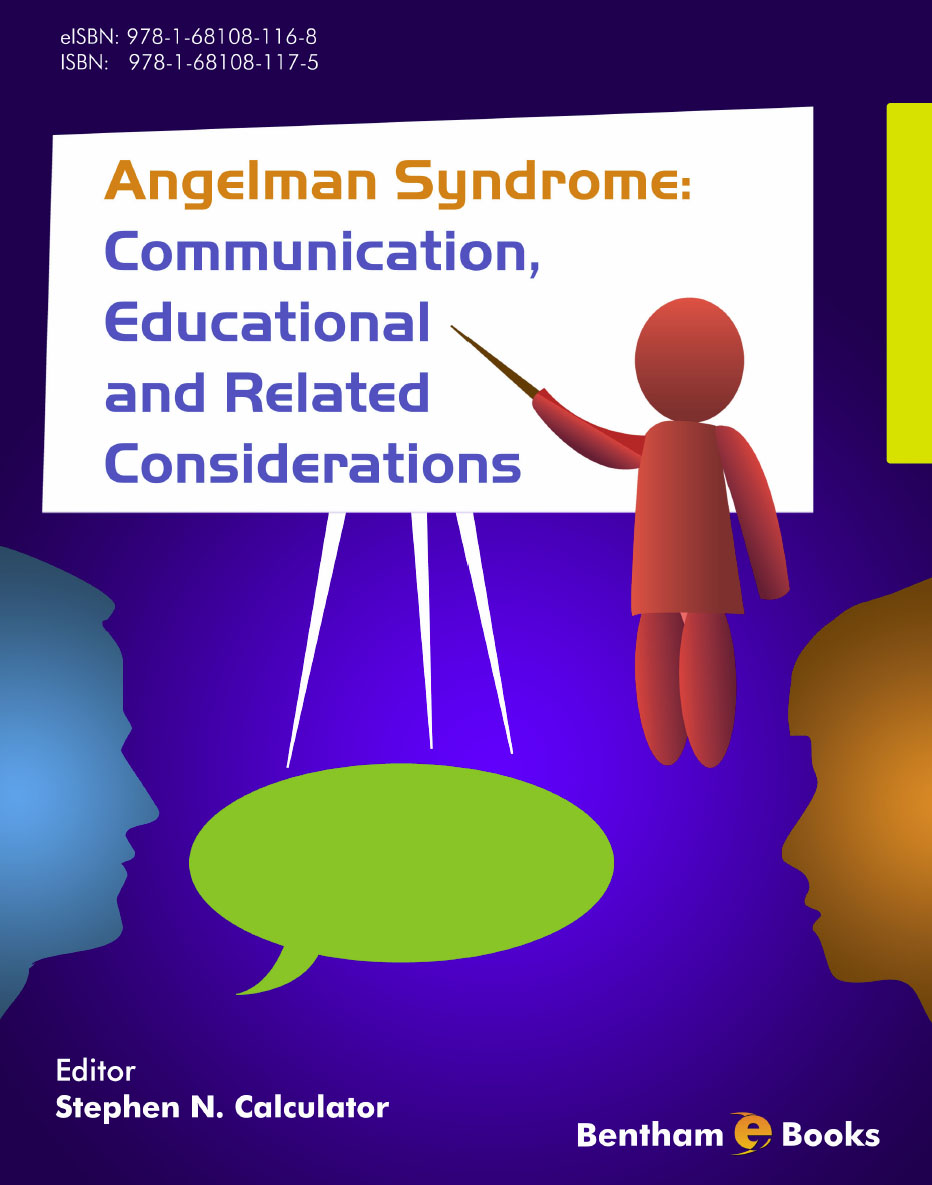Introduction
Individuals with Angelman Syndrome (AS) present many unique challenges to professionals, parents and others who are committed to maximizing individuals’ competence while ensuring them the best possible quality of life. Angelman Syndrome: Communication, Educational, and Related Considerations is a unique, exhaustive compilation of existing material related to understanding the nature of AS and how individuals’ communication and related skills can be fostered most effectively. It provides readers with a comprehensive understanding of the background of Angelman Syndrome along with an in-depth exploration of communication (with a focus on augmentative and alternative communication), educational, and related issues that should be addressed when attempting to meet the needs of individuals with AS at home, school, work, and elsewhere in the community.
Key features of the book include:
- - Extensive background information about medical and related factors behind AS and how they influence individuals’ learning
- - A series of prologues written by the parents of individuals with AS
- - Contributions from internationally recognized experts on AS, communication disorders, psychology and education
- - Numerous practical, evidence-based strategies for conducting assessments and carrying out interventions among AS affected individuals
Speech-language pathologists, allied healthcare providers and educators providing support to affected individuals should benefit from the information provided in the book by being able to identify appropriate communication, behavioral and educational goals. Laypersons, particularly parents, will also find the information highly useful in advocating for best practices for their children (which is partly fostered by the series of parental prologues).
Angelman Syndrome: Communication, Educational, and Related Considerations will not only serve as a valuable reference for improving the learning experience for AS affected individuals but will also embolden both professionals and parents to maintain higher expectations for them.

